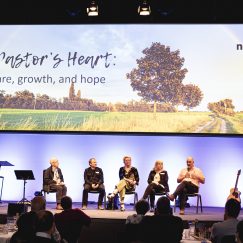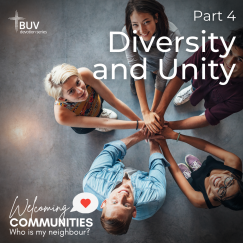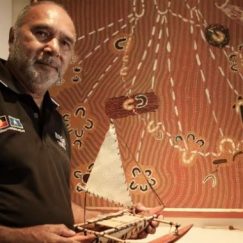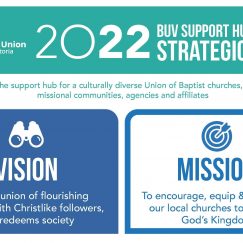19th December 2017
Catalyst Church Life Snapshot
The five-yearly National Church Life Survey that helps churches across Australian understand signs of health and vitality also coincides with an Australian Community Survey. If we want church to be relevant to those outside church, then we have to listen to rather guess about their perspectives. The best listening is 1-to-1 with our neighbours and friends. But the Australian Community Survey offers an insightful overview of how people in Australia view spirituality, religion and God.
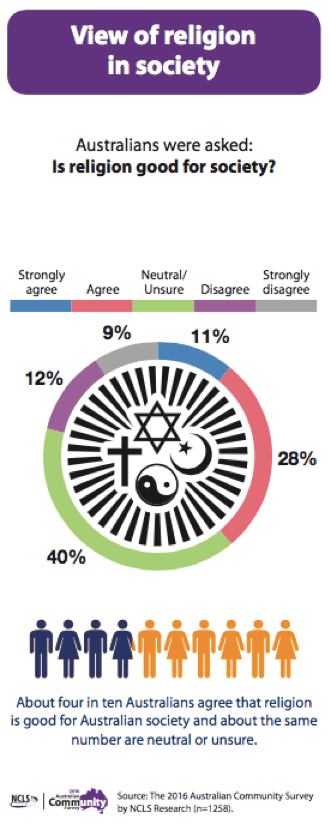 When a representative sample of Australians were asked, “Is religion good for society?” a large proportion said yes – 39% agreeing or strongly agreeing. 40% were neutral or unsure. 21% disagreed or strongly disagreed. Some Australians are sceptical and negative about religion, but this is only a minority.
When a representative sample of Australians were asked, “Is religion good for society?” a large proportion said yes – 39% agreeing or strongly agreeing. 40% were neutral or unsure. 21% disagreed or strongly disagreed. Some Australians are sceptical and negative about religion, but this is only a minority.
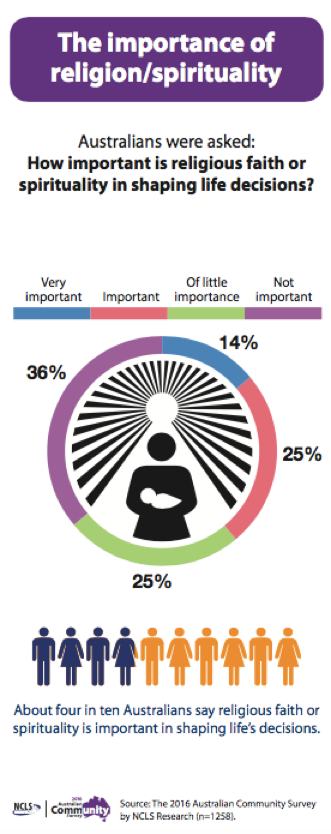 The survey also asked how important religious faith or spirituality is in shaping life decisions. Similar to the previous question, 39% said it was important or very important. Interestingly, this was only slightly higher than those 36% who said it was not important, and 25% said it was of little importance. For many Australians religion and spirituality is important, but for the majority if Australians it is of little or no importance. There are many other things that are more important for many Australians in shaping decisions.
The survey also asked how important religious faith or spirituality is in shaping life decisions. Similar to the previous question, 39% said it was important or very important. Interestingly, this was only slightly higher than those 36% who said it was not important, and 25% said it was of little importance. For many Australians religion and spirituality is important, but for the majority if Australians it is of little or no importance. There are many other things that are more important for many Australians in shaping decisions.
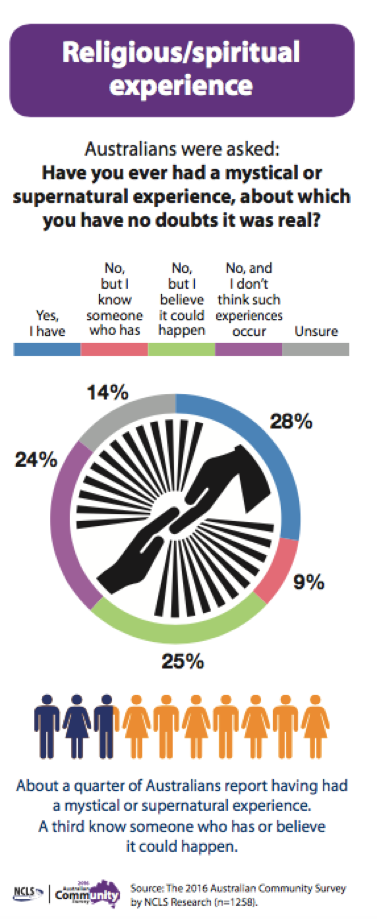 One of the most interesting questions the survey asked was about whether people had ever had a mystical or supernatural experience. 28% said they had, and another 34% said they knew someone who had such an experience or believed it could happen. Many people are open to supernatural and mystical experiences. This is a question that could helpfully asked in conversation 1-on-1: Have you ever had a supernatural or mystical experience yourself?
One of the most interesting questions the survey asked was about whether people had ever had a mystical or supernatural experience. 28% said they had, and another 34% said they knew someone who had such an experience or believed it could happen. Many people are open to supernatural and mystical experiences. This is a question that could helpfully asked in conversation 1-on-1: Have you ever had a supernatural or mystical experience yourself?
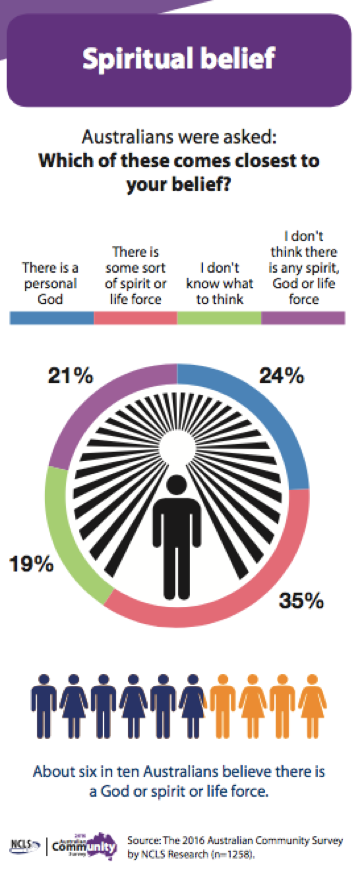 Another interesting question, and one that we could also use to prompt conversation, is whether there is a God or spirit or life force that exists. 24% of Australians said they did believe in a personal God. A quarter is a significant number on one hand, but it is also significant that this is a clear minority and more Australians (35%) only believe in “Some sort of spirit or life force” whereas 19% are not sure. There is also a significant secular minority (19%) who do not think there is any such God, spirit or life force. It is helpful to understand where people we talk to are coming form with their idea of whether God (or at least some kind of sprit or force) exists.
Another interesting question, and one that we could also use to prompt conversation, is whether there is a God or spirit or life force that exists. 24% of Australians said they did believe in a personal God. A quarter is a significant number on one hand, but it is also significant that this is a clear minority and more Australians (35%) only believe in “Some sort of spirit or life force” whereas 19% are not sure. There is also a significant secular minority (19%) who do not think there is any such God, spirit or life force. It is helpful to understand where people we talk to are coming form with their idea of whether God (or at least some kind of sprit or force) exists.
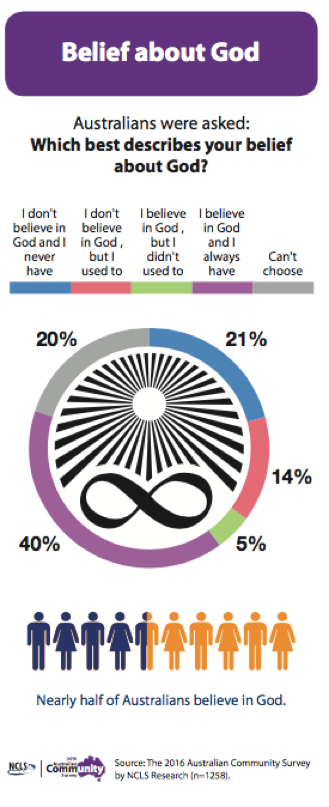 A similar more explicit question was asked about belief of God, and whether this has changed for people. The largest proportion of people, or 40%, say they do believe in God and always have. Comparing this to the previous question, it is evident not all these people would believe in a personal God, but many do. Interestingly, 14% said they used to believe in God but don’t know. And 5% now do believe in God, even though used not to. So, some people are turning towards belief on God, though a greater proportion (almost three times as many) are moving away from belief. 21% were and remain atheist and another 20% said they could not choose from these options. How have people in your networks changed in terms of their beliefs, or not, over recent years?
A similar more explicit question was asked about belief of God, and whether this has changed for people. The largest proportion of people, or 40%, say they do believe in God and always have. Comparing this to the previous question, it is evident not all these people would believe in a personal God, but many do. Interestingly, 14% said they used to believe in God but don’t know. And 5% now do believe in God, even though used not to. So, some people are turning towards belief on God, though a greater proportion (almost three times as many) are moving away from belief. 21% were and remain atheist and another 20% said they could not choose from these options. How have people in your networks changed in terms of their beliefs, or not, over recent years?
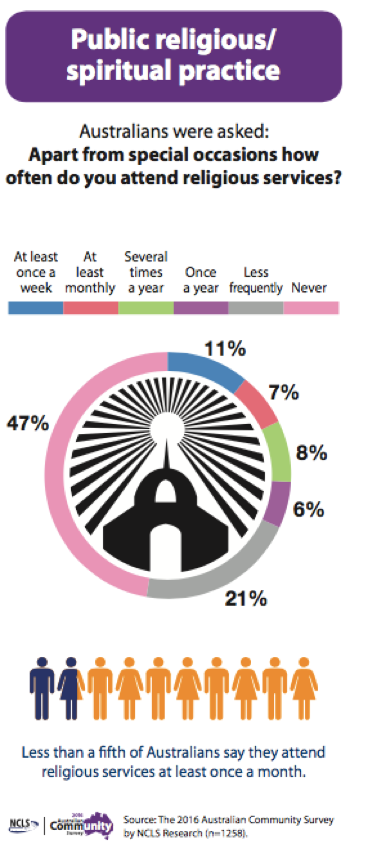 It is helpful to understand not just what Australians believe about God and religion, but to what extent they practice it. One, but by all means nit the only way religious faith is expressed, is through pubic worship or religious services. Religious attendance is much lower than decades ago. Nevertheless 11% of Australians say they attend services at least weekly, another 7% attend at least monthly, 8% several times a year, and 6% once a year. So, 32% attend services at least once a year and so have some contact with a religious group. Interestingly 47% never attend, and another 21% attend less frequently than once a year. A clear majority of Australians never or very infrequently attend services, even though we know from previous questions that numbers of these believe on God or have some form of spirituality.
It is helpful to understand not just what Australians believe about God and religion, but to what extent they practice it. One, but by all means nit the only way religious faith is expressed, is through pubic worship or religious services. Religious attendance is much lower than decades ago. Nevertheless 11% of Australians say they attend services at least weekly, another 7% attend at least monthly, 8% several times a year, and 6% once a year. So, 32% attend services at least once a year and so have some contact with a religious group. Interestingly 47% never attend, and another 21% attend less frequently than once a year. A clear majority of Australians never or very infrequently attend services, even though we know from previous questions that numbers of these believe on God or have some form of spirituality.
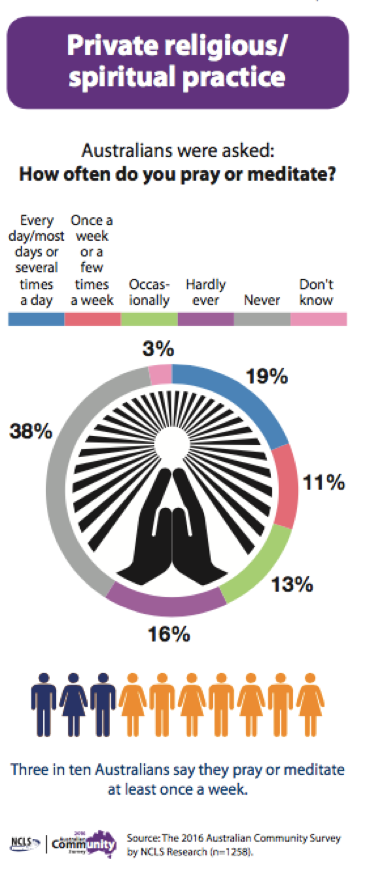 30% of Australians reported praying or meditating at least weekly. Apparently individual spiritual practice is more common than corporate attendance at religious services. Yet another 38% never practice prayer or meditation. What conversations might we have with people about how they pray or meditate, or in what ways could our churches offer prayer and meditation as a resource for relating to God and to face the challenges of life in contemporary society?
30% of Australians reported praying or meditating at least weekly. Apparently individual spiritual practice is more common than corporate attendance at religious services. Yet another 38% never practice prayer or meditation. What conversations might we have with people about how they pray or meditate, or in what ways could our churches offer prayer and meditation as a resource for relating to God and to face the challenges of life in contemporary society?
NCLS suggest discussing what these results reveal about Australians? Does this information surprise you and those you attend church with? How might these insights influence how you connect with others in a diverse and changing society?
This article was written by the BUV Mission Catalyst Team.
This data and the infographics are from Ruth Powell and Miriam Pepper, Australian Community Survey [Data file]. Sydney, Australia: NCLS Research, 2016, www.ncls.org.au/2016-ACS. Graphics by Edi Sizgoric.


